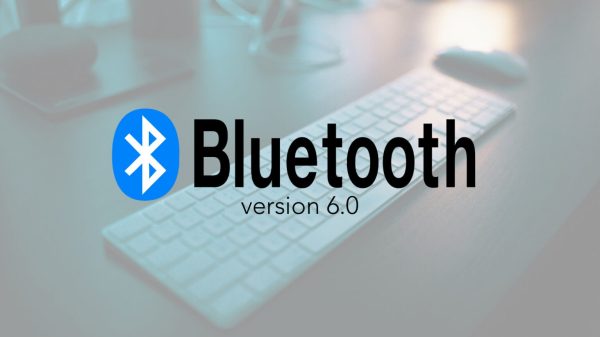Google’s strategy to eliminate third-party cookies and shift responsibility to users raises questions about user involvement in the decision-making process. Criteo, an ad tech company close to Google, offers insights into how users will be informed.
According to Todd Parsons, Criteo’s Chief Product Officer, Chrome will present users with a clear prompt outlining the implications of opting out of tracking, emphasizing transparency and balance in user choice.
Parsons explained that, unlike Apple’s aggressive approach to blocking third-party tracking, Google aims to provide users with a well-informed decision-making process.
This approach aims to maintain a balance between privacy and effective advertising solutions, a strategy different from Apple’s strict privacy stance that left users little reason to permit tracking. The intent is to foster a more favorable user perception and understanding of the trade-offs involved in opting out of tracking.

Google’s Plan to Replace Third-Party Cookies Sparks Debate Over User Choice and Ad Effectiveness
Despite these reassurances, there remains skepticism among ad executives due to Google’s past vagueness on the issue. Parsons’ comments offer a glimmer of hope that while there will be fewer third-party cookies, the remaining ones might suffice to build effective measurement models. This would help ad tech vendors and publishers maintain ad efficacy and revenue, even with reduced tracking capabilities.
Parsons highlighted the importance of utilizing the remaining cookies to refine new approaches, comparing it to past performance built on cookies.
This cautious optimism contrasts with the significant challenges faced after Apple’s App Tracking Transparency (ATT) initiative, where the majority of users opted out of tracking, leading to a significant decline in third-party addressability. The industry hopes that Google’s approach will avoid similar pitfalls.
However, many questions remain about the implementation and effectiveness of Google’s alternatives to third-party cookies.
Ad executives are awaiting more concrete details on the timeline and regulatory approval of Google’s plans. Meanwhile, Google reassures that the new user experience will center on clear and informed choices, with more details to be shared when ready, leaving the industry in a state of cautious anticipation.









































